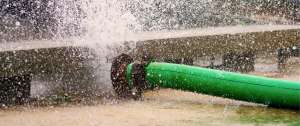
New South Wales and Sydney in particular have been experiencing torrential amounts of rain over the past few months. The amount of rain that we seen has been well above average and it has come after many years of being rather dry and even on the brink of drought in some areas. And although we seem to be past the worst of the rain, we are still seeing the effects of it. Many service are being placed for blocked drains, overflowing storm water and flooding to homes and businesses. Let’s take a look at the s for blocked drains after the rain.
Stress on the pipes
Because we had experienced such a long time of hot and dry weather, the sudden, extended downpour has caused a lot of soil and foundation around the pipes to wash away. This leaves the pipes potentially exposed to the elements or causes house foundations to sit closer or on top of the pipes. This can cause cracks to appear in the pipes which can allow foreign material into the pipes causing them to become blocked. When the pipes collapse or fall underground when they are not meant to, they are also more likely to capture dirt and debris that normally wouldn’t be in the pipes.
Overflowing storm water
When the rain comes as quick and as heavy as it has been recently in Sydney, there isn’t always somewhere for the water to go. Lots of branches, dirt and debris all get swept up with the water and this can cause storm water drain issues as blockages can occur. When your storm water overflows it can also bring the risk of damage to your home through your gutters, downpipes and even the foundations of your home if pooling of water is happening.
What should I do to prevent blockages?
It is crucial that you try to keep areas around your pipes clear to reduce the risk of debris getting into them. This includes keeping your gutters and downpipes clean and free of leaves and branches. Remove anything covering your storm water drain to ensure maximum water can flow through.
By doing this prior to a rain event, or rain bomb as the recent event has been called it means you can minimise the damage that may be caused.
How do I know if I have a blockage drain?
There are a number of indicators that can help you determine if you have a blocked drain. If you see large amounts of water and debris pooling at your storm water drain, this is one of the first indicators.
Inside the home if you notice that your water is only trickling out of the taps or you are experiencing issues with the water pressure, you may have a blocked drain leading to that area of the home.
What do I do if I have a blocked drain?
It is important to call a qualified plumber as soon as you think you have a blocked drain. The longer you leave it, the more damage. When it comes to self diagnosing and fixing plumbing issues, this is not something we recommend. There are many different elements that all come together and if you fiddle with the wrong section it can cause very big (and potentially expensive) repairs that will need to be made.
Call your local plumber and discuss the issues that you’re having with the blocked drain. A qualified plumber will be able to come out and diagnose the issue and provide you with the best way forward to rectify the problem.
Even as plumbers, we hope this rain is on it’s way out and that we have seen the last of it. The rain has brought with it much devastation and we are heart broken to see so many people having lost their homes, possessions and jobs due to the rain.
Please if you have a blockage issue or any plumbing concern, give the team at Rozelle Plumbing a call and let us get it sorted out asap for you.



